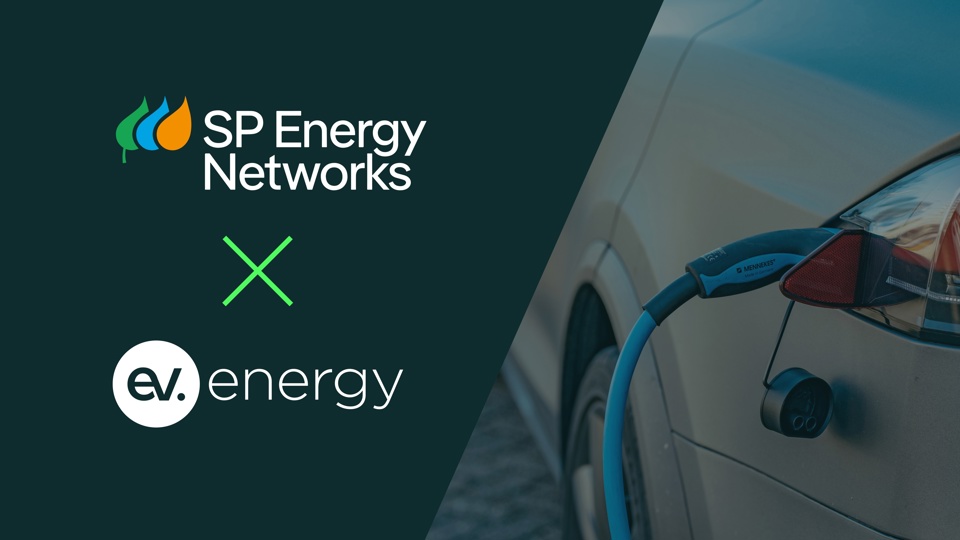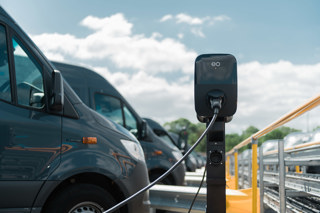SP Energy Networks and ev.energy saved 100kW of energy after pausing electric vehicle charging for 112 drivers for one hour as part of a “turn down” event.
The distribution operator said the pause for one hour across homes in the North, Mid Wales, Merseyside, Cheshire and North Shropshire was enough to offset the energy use of 100 homes.
Pausing EV chargers at specific times of heavy energy load can help free up capacity on the grid. These pauses can happen without negatively impacting participants’ charging capacities. The ev.energy customers could set their pre-set ready by time to make sure they still had the required range needed at the time they needed it.
Controlling demand like this is becoming a common tool for grid operators to optimise capacity, reducing the need for infrastructure upgrades while accommodating the growing demand from EV chargers, heat pumps and renewable generation.
Flexibility provides an agile and smart means of balancing the network alongside customer demand.
This turn down event is the first of many, following a contract signed with SP Energy Networks last year to provide 22MW of flexibility services from ev.energy's virtual power plant.
Ev.energy now will begin scaling up its flexible energy service throughout Central and Southern Scotland, North and Mid Wales, Merseyside, Cheshire, and North Shropshire.
Since its first commercial dispatch instructions from UK Power Networks in December 2021 and National Grid Electricity Distribution in November 2022, ev.energy has facilitated over 2,200 similar turn down event in collaboration with energy distributors. Ev.energy’s users also supported National Grid ESO’s Demand Flexibility Service in winter 2022/23.
EV drivers signed up to Ev.energy can earn up to £30 in cash vouchers per year by enabling smart charging and participating in grid services.
William Goldsmith, head of grid services at ev.energy, said: “EVs are well suited to provide energy flexibility services and we are delighted to begin scaling our partnership with SP Energy Networks to support the smart management of their network.
“A typical electric vehicle is plugged-in for 14 hours at a time, but only needs 2-3 hours of charging. This means that with clever software and a simple customer proposition, we can automatically schedule groups of EVs to charge at the cheapest, greenest times for that part of the network.”






















Login to comment
Comments
No comments have been made yet.